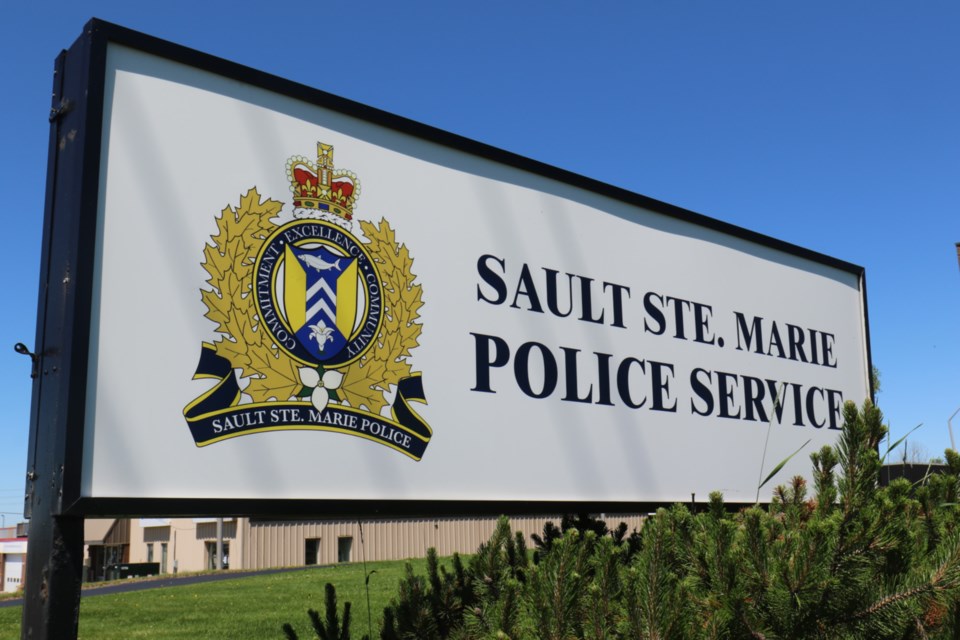Sault Ste. Marie Police Service is looking to make a pitch to the provincial government to expand the Community Crisis Response Team (CCRT), which sees officers and nurses - both with mental health training - pair up for crisis calls in partnership with Sault Area Hospital and community agencies.
The police service will collect data on calls for service related to mental health and addictions over the next three months in order to make its case for additional funding.
“So the hypothesis of this study is going to be that if we increase the CCRT in terms of hours or personnel, that we’ll decrease use of force issues as well as complaints against the police,” said Stevenson, speaking to members of the Sault Ste. Marie Police Services Board Thursday. “What we want to do is present an empirical, actuarial study that confirms that fact these partnerships between mental health and police absolutely do work.”
“And I know there’s been criticism in the public about how police officers are not trained to deal with it - wellbeing checks and whatnot - and I can tell you I’m very proud of this service and the relationship and partnership with Sault Area Hospital. We want to expand that, and we want to look at actuarial data to show how it helps policing and community safety.”
Stevenson told the police board that the CCRT now deploys crisis workers seven days a week, and has roughly seven officers with mental health training.
Additional nurses were trained in January of this year, while Sault Area Hospital has added an administration manager who will focus on information action requests from officers, and direct the unit to follow-up visits and wellbeing checks.
“Given the issues we’re facing in social media and whatnot, it’s important for the public and the board to understand that Sault Ste. Marie Police Service and the hospital, and the mental health workers have had extremely positive history, and you can see from the three or four years that it’s simply expanded,” Stevenson said.
The CCRT received accolades from both the Ministry of Health and North East Local Health Integration Network (LHIN), along with additional funding from the province as part of a $2-million package that went to the Sault Ste. Marie Police Services Board for community mobilization in 2019.
“There’s more and more demand being placed on this unit. The results were pretty obvious. Wait times were drastically reduced at Sault Area Hospital, apprehensions were dealt with more efficiently and effectively. We had a 95 per cent admission rate at the hospital when we had nursing staff with us during the apprehension.”
Although Mayor Christian Provenzano applauded the work that's being done with CCRT by the police service, hospital and community partners, he also made it a point to tell board members that so far, there’s been very little forward progress in addressing the need for a withdrawal management facility.
“...whenever we hear about overdoses, whenever we hear about people passing away, it’s framed as an overdose. And the reality is, I think that language is common language, but one of the things that we have to start talking about, so people appreciate the magnitude of it - these are poisonings, and the drug supply is tainted,” said Provenzano. “But one of the things that we still don’t have any progress on in this community, and that we significantly need progress on, is we do not have a withdrawal management facility - and it is a shame that a community of our size and our need does not have a withdrawal management facility.”
“The provincial government, and to a degree the federal government, have to step up and give us the supports that we need in our community to provide the supports that our community needs,” he continued. “So in lieu of those, I know there’s a tremendous amount of collaboration happening across the community and people are doing what they can, both at Sault Area Hospital and Sault Ste. Marie Police Service, and through the mental health and addictions infrastructure - but it’s not adequate, and we need assistance to make it adequate.”
